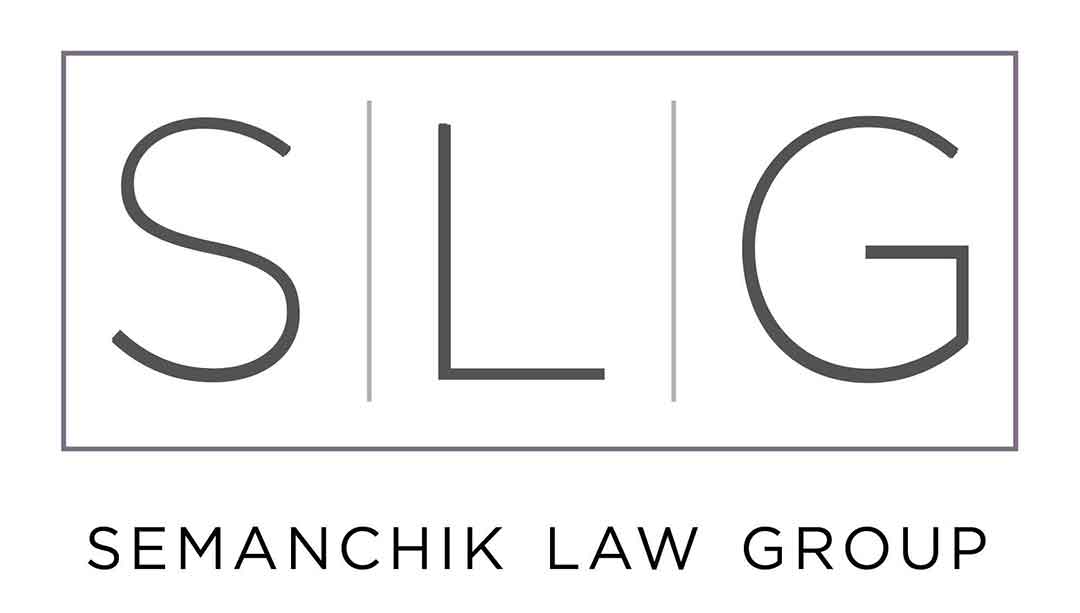What You Need to Know About the Medi-Cal Estate Recovery Program
Are you a beneficiary of the Medi-Cal program? If so, you may be wondering how the payments you receive will affect your loved ones after you pass away. Will the state take away their home? Can they be held financially liable for your medical expenses? Is there a way to reduce – or even eliminate – their burden?
For the answers to these questions and more, read on:
What is the Medi-Cal Estate Recovery Program?
The Medi-Cal Estate Recovery Program is an initiative that aims to recoup a portion of the costs associated with providing medical services to:
- Individuals who received Medi-Cal benefits on or after their 55th birthday, and
- Medi-Cal members of any age who were inpatients in a nursing facility and were ruled to be “permanently institutionalized” by the state.
The program doesn’t take any money directly from the beneficiary. Instead, it collects funds from their estate after they pass away.
What Assets in a Medi-Cal Member’s Estate Are Subject to Recovery?
Prior to 2017, Medi-Cal could recover funds from all assets owned by beneficiaries at the time of their death. Now, as a result of the passage of SB 833, it is only allowed to seek repayment from estate assets that are subject to probate.
Though this new law limited the agency’s power, it can still file claims against assets such as:
- Real estate
- Automobiles
- Jewelry, and
- Bank accounts
Notably, however, the state cannot recover funds from a beneficiary’s estate if:
- They are survived by a spouse or registered domestic partner
- They are survived by a child who is under the age of 21, or
- They are survived by a child who is blind or otherwise disabled
In some cases, the state must also waive its claims if the beneficiary’s house is a “homestead of modest value” – a home whose market value is 50 percent or less of the average price of homes in the county.
What Happens When a Medi-Cal Member’s Costs Outweigh Their Assets?
If the expenses associated with providing medical care to a Medi-Cal member exceed the value of their probate estate, the state will claim all their recoverable assets. The individual’s heirs will not inherit anything through the probate process.
Once the state recovers all the funds it can, it will waive the remainder of the medical costs. The Medi-Cal member’s family will not be held financially liable for excess expenses.
How Can Medi-Cal Members Avoid Estate Recovery?
For most Medi-Cal beneficiaries, ensuring their assets are not subject to probate is the best way to limit the impact of estate recovery. The most common ways to avoid probate include:
- Living trusts
- Joint tenancies
- Gifts, and
- Life estates
Medi-Cal beneficiaries who want to pursue these solutions should speak with a California estate planning attorney to determine which one best suits their needs.
An Experienced Estate Planning Lawyer in San Diego
Do you need help exploring your options for avoiding estate recovery? If so, please reach out to the team here at the Semanchik Law Group. We are experts in estate planning law – and we are ready to help you and your family prepare for the future.
To set up a consultation, all you need to do is give us a call at (619) 535-1811 or send us a short message online. We look forward to hearing from you!


